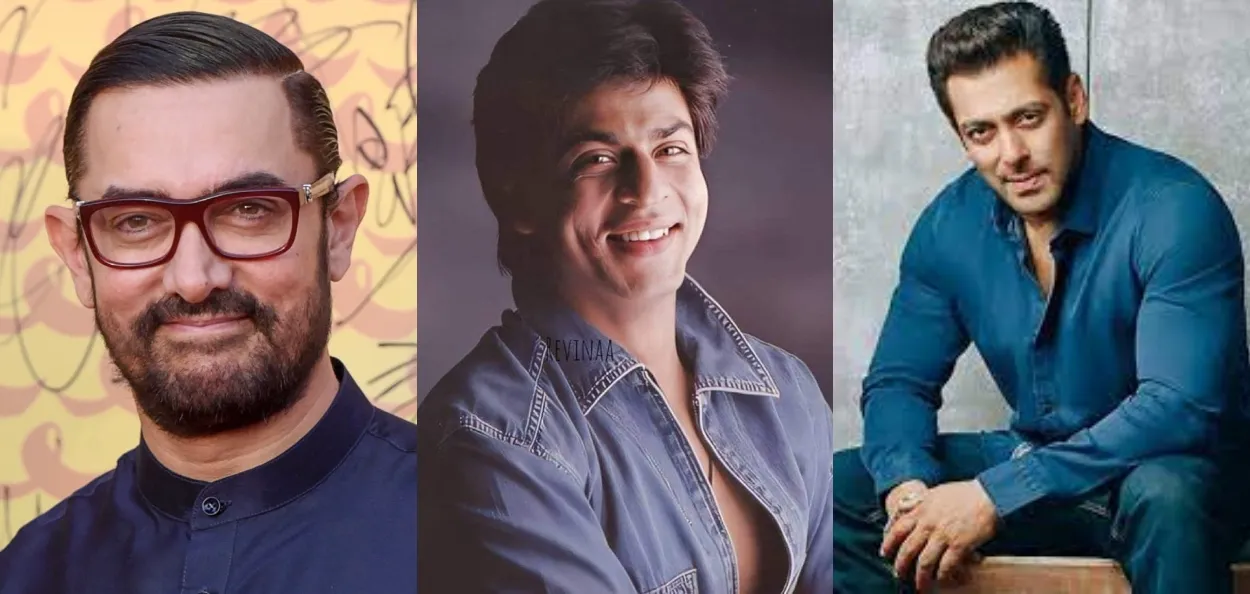
Hafeezur Rehman
Over the past few years, India's media and entertainment industry has seen a significant rise in the number of Muslim voices making their mark in the industry. From actors and directors to writers and producers, Indian Muslims are increasingly making their presence felt and contributing to the country's rich and diverse cultural landscape. This is in sharp contrast to the victimhood narrative which often argues that Indian Muslims are missing from the important cultural and social spaces in India.
One of the most notable examples of this trend has been the rise of Muslim actors in Bollywood, India's thriving film industry. Many of these actors, such as Shah Rukh Khan, Aamir Khan, and Salman Khan, have become household names and are among the most successful actors in Indian cinema. In addition to these established stars, many up-and-coming Muslim actors are making their mark in the industry, such as Nawazuddin Siddiqui, Guauhar Khan, and Huma Qureshi.
But it's not just actors who are making waves in India's entertainment industry. Muslim writers, directors, and producers are also contributing to the growth and development of the industry. For example, Ali Abbas Zafar, who is Muslim, has directed hit films such as "Sultan" and "Tiger Zinda Hai".
Muslims are also making their mark in other areas of India's entertainment industry, such as music and television. Muslim singers and musicians have been an integral part of India's music scene for decades, and many of them continue to produce hit songs and albums.
One of the most well-known Muslim musicians in India is Ustad Bismillah Khan, a legendary shehnai player who was awarded the Bharat Ratna, India's highest civilian award, in 2001. Other notable Muslim musicians include Zakir Hussain, a tabla player who has collaborated with musicians from around the world, and Amjad Ali Khan, a sarod player who has been recognized with numerous awards for his contributions to Indian classical music, and A R Rahman who has won multiple international awards for his work in Hindi, English, and Tamil cinema.
Muslim lyricists have also made significant contributions to India's music scene. Javed Akhtar, one of Bollywood's most acclaimed lyricists, has won numerous awards for his work and has written songs for some of the biggest films in Indian cinema. Similarly, Irshad Kamil, another Muslim lyricist, has written lyrics for popular Bollywood films like "Jab We Met," "Rockstar," and "Tamasha."
In addition to entertainment industry professionals, Muslim journalists are also making a significant contribution to India's media landscape. Journalists like Mariya Shakil, who is a journalist and anchor with the news channel CNN IBN, and Rubika Liaquat, another star anchor of ABP News have been leading the prime-time debates on national TV for many years. Then there are senior journalists like Seema Chisti, Arifa Khanum, and Javed Ansari. These journalists have not only broken important stories and provided incisive analysis but have also challenged the status quo and promoted greater accountability and transparency in India's media.
The rise of Muslim voices in the media and entertainment industry is a reflection of the growing diversity and inclusivity of India's cultural landscape. It's also a testament to the talent and creativity of India's Muslim artists and professionals, who are making a significant contribution to the growth and development of the industry.
However, it's important to note that the industry still faces challenges when it comes to representation and diversity. Despite the successes of Muslim actors, professionals, and journalists, there is still a need for greater representation of other marginalized communities, such as Dalits and LGBTQ, in the industry.
In conclusion, the rise of Muslim voices in India's media and entertainment industry is a positive development that highlights the diversity and richness of India's cultural landscape. It tells us that there is no field today where Muslims are not making a mark and India’s growth story is all about the inclusion of people from all walks of life. It is solely merit which decides the odds of success in India and in the entertainment industry talent is valued the most and not identity. Talented people have always found their niche. It's a trend that is likely to continue, as more and more talented Muslim professionals enter the industry and contribute to its growth and development.
(Dr Hafeezur Rehman is the author and President of the Sufi Peace Foundation)
